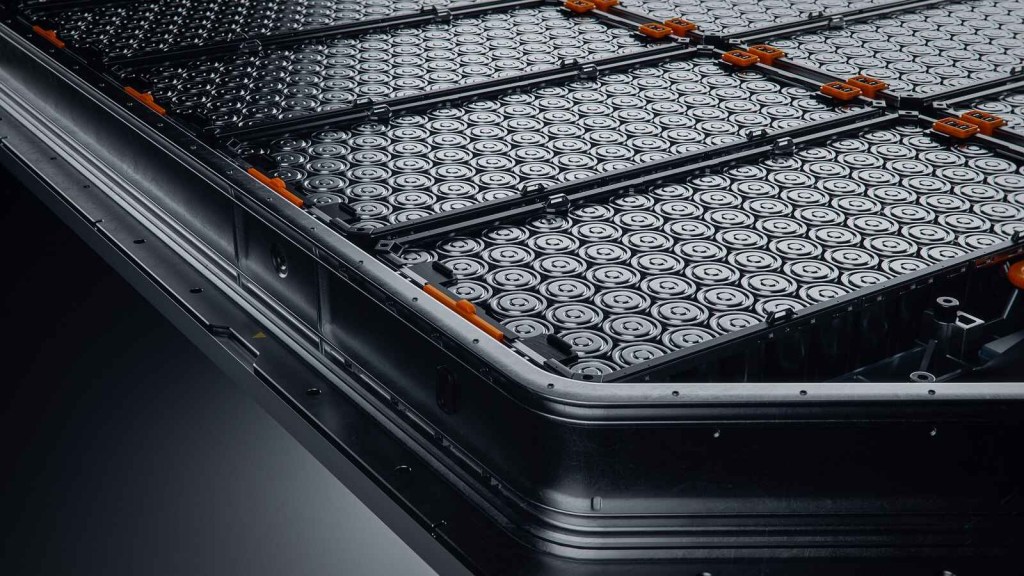
New EV Battery Might Outlast Most Humans
Contemporary Amperex Technology Co., Ltd. (CATL) is one of the world’s largest EV battery manufacturers. Based in China, the company has a stronghold on the EV market alongside BYD, the EV maker. Now, CATL announced an incoming battery that touts a 15-year or 932,000-mile warranty. Surely, this could be a game-changer in EV adoption.
CATL already supplies a huge portion of EV market batteries. In 2023, it had 36.8% of the global market share. This was nearly 21% ahead of the next supplier, according to a press release. What’s more, it’s planning to reduce the price of lithium ferrous phosphate batteries by mid-2025.
The new battery pack is designed for commercial buses and trucks. CATL partnered with bus maker Yutong to develop it. While targeted to compete with diesel engines, we assume the new product will somehow convert to passenger EVs down the line.
If passenger EVs can tout a 77-year lifespan (at an average of 12,000 miles per year), this will be huge for mass adoption. While range anxiety is already a blocker to many, the thought of spending anywhere from several thousand to $20K for a new EV battery poses a financial nightmare.

Currently, EV batteries last anywhere from 8 years (Toyota Prius) to a couple of decades (Tesla Standard Range cars). However, that’s if folks drive an average of 12,000 miles per year and don’t run into any mechanical issues that shorten the life of the battery. Certainly, the used EV market could benefit from longer-lasting batteries.
While EV batteries require cobalt, nickel, lithium, and many other materials that put a large strain on the global climate, their lack of emissions, while in use, counter climate degradation from gas-powered vehicles and equipment.
Of course, as time passes, we will have many layers of transportation and climate issues to solve. EV adoption will only be a part of the puzzle. Responsible manufacturing, recycling, repair, and disposal of vehicles will remain key. An EV battery that can outlast most humans could be an environmental game changer.



